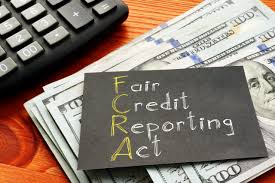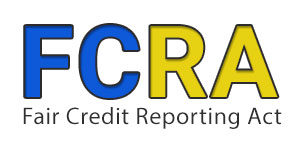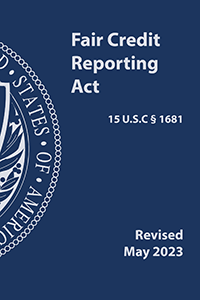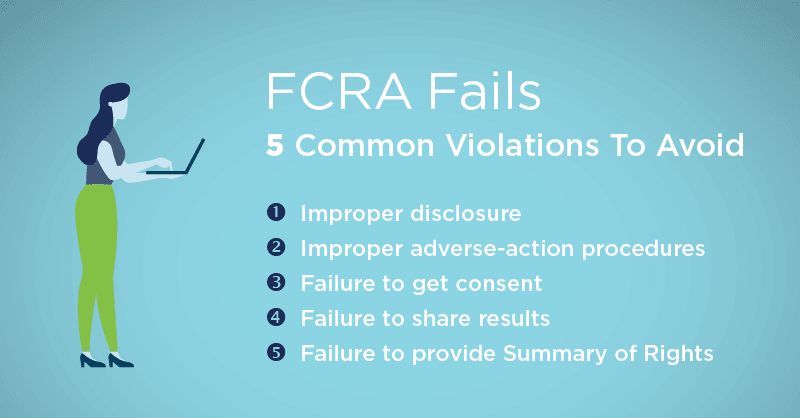Property managers, or rental owners who manage properties on their own, who fail to take the necessary precautions when screening tenants are asking for headaches and potentially long down time for their rental properties. Cutting corners in this process is a nightmare waiting to happen which will only increase the amount of time one will spend in pursuit of quality long-term tenants and diminish overall return on investment for the portfolio.
Today, background check screening software available from a professional property manager can quickly and accurately paint the prospective tenant’s employment background, criminal record (if any), eviction record (if any), and credit history. Without using a professional property manager to help in this process is like dancing on a tightrope which could lead to problems.

In the SF Bay area, and especially in areas like San Jose, Los Gatos, Saratoga, Santa Clara, Sunnyvale, Mountain View, Cupertino, Los Altos, Palo Alto, Menlo Park, Atherton, Redwood City, Foster City, San Carlos, Belmont, and San Mateo where property values and rental rates are higher than those in most parts of the world, it is imperative that property owners and property managers be intimately aware of these issues, pitfalls, and procedures.
Are Property Managers Required to Report Credit Issues?
Importantly, if you end up in a situation where you have to evict a tenant (because you failed to properly screen), or have to report some other credit impropriety the federal government Fair Credit Reporting Act (FCRA) is also another potential land mine which property managers and unsuspecting rental property owners need to be aware of. The FCRA is worth looking at and getting a grasp on because it very well can affect how you treat your late paying or breaching tenant. Moreover, the Consumer Financial Protection Act of 2010 (CFRA) is another set of hurdles of rules and regulations that owners, property managers, and property management companies need to be aware of and ideally become intimately familiar with – without this knowledge would be considered below the local standards set forth in the San Francisco Bay Area.

After you have evicted a tenant for non-payment or breach or even property damages you may end up in court attempting to get a judgment against the tenant. The Fair Debt Collection Practices Act (FDCPA) governs what can and can’t be done against a defaulting tenant. Unfortunately, California and federal laws have become increasingly debtor friendly.
Tenants have sometimes been able to turn the tables on a landlord that violates these laws. Claims arise from oversight, imprecision, or failure to stay informed of the latest changes in the law. A slanderous or libelous communication could result from failure to be aware of the proper reporting procedures for breaching tenants. Some of these claims come about because of harassment actions by the collector including threats to take action, reporting of debts to third parties not privileged, or other similar acts.
Having taken appropriate steps from the beginning towards getting quality, qualified tenants helps to prevent these types of situations. Hiring a professional property manager goes a long way towards that goal.
What Happens When Someone Violates FCRA or CFRA?
The FCRA was drafted and implemented to provide protection against the misuse and misreporting of consumer credit information. The FCRA governs the behavior and polices of consumer reporting agencies. Improper credit reporting can result in dire consequences for consumers. If creditors, debt collectors, credit reporting agencies violate provisions of the FCRA is can cause a lower credit score, it can lead to a denial of credit, and can lead to higher interest rates on loans and credit requests. Thus, the law provides for remedies to prevent these types of occurrences from happening. For every violation of the FCRA a consumer can sue the reporting agency and/or any person or company that reported the inaccurate information in both state and federal court for statutory damages in the amount of $1,000 for each violation, punitive damages (if warranted due to egregious acts), court costs, and attorney’s fees.

Conclusion
In communities like San Jose, Los Gatos, Saratoga, Santa Clara, Sunnyvale, Mountain View, Cupertino, Los Altos, Palo Alto, Menlo Park, Atherton, Redwood City, Foster City, San Carlos, Belmont, and San Mateo where property values and rental rates are higher than those in most parts of the world, it is extremely important that property owners and property managers be keenly aware of these issues, pitfalls, and procedures.
Unsuspecting property owners who do not know any better can find themselves leasing or renting to an undesirable tenant because they failed to use due diligence and proper screening tools to evaluate the prospective tenant. Even some property managers who try and ‘get by’ without the latest screening software can find themselves with a bad tenant – “the old high price to the low bid scenario.” Investing a few extra dollars to have the proper and prudent tools available to do the professional screening is worth its weight in gold. Just ask a property manager who has been down this road to eviction and see what they say.
Finally, it is tantamount that both rental owners and professional property owners be aware of these issues and laws, beware of the pitfalls, and make sure any information that is communicated properly from both sides of the transaction.
If you are looking for a qualified, time-tested and professional property manager, Esquire Property Management Group provides its clients with a professional commitment to abiding by ethical and legal standards as required by California Law. We truly understand the importance of compliance with the latest statues, regulations and laws. Few commercial property managers have a licensed real estate attorney on staff to review all documentation to protect the client’s interests like Esquire Property Management Group.

David currently is the broker/owner of several real estate related businesses which manage and maintain 300+ client properties on the San Francisco Peninsula.
Trust, transparency, and performance guarantees are the foundation of these businesses. David challenges anyone to find a PM professional that offers services similar - extensive education, customer service, and performance guarantees.
David also provides consulting for his clients on property development feasibility, construction, and complex real estate transactions.
David has authored a published law review article, three real estate books, and over 150+ real estate blog articles.
- “Wildfires, Insurance & Mortgages: Will Your Home Survive the Financial Aftermath?” - March 3, 2025
- What’s Driving California’s Commercial Real Estate Shakeup? - February 27, 2025
- Critical Issues in Triple Net Leases Investors Should Know - February 14, 2025

